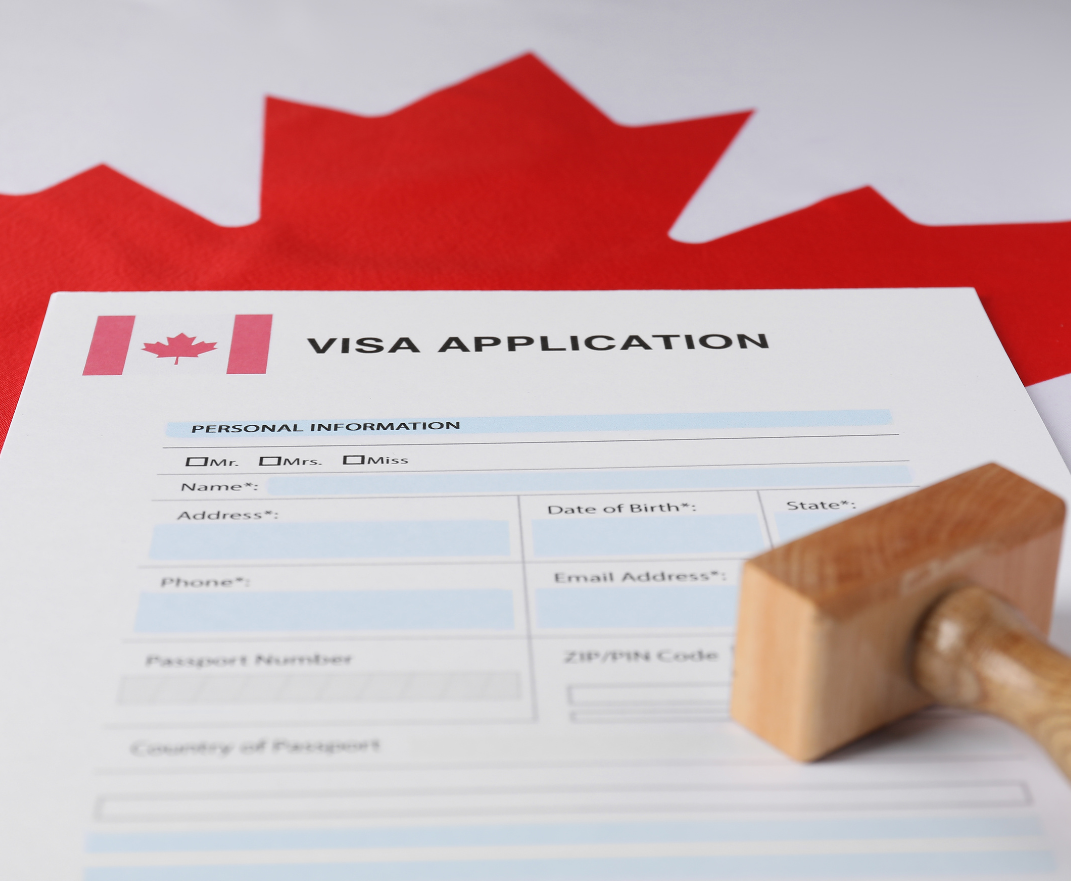For many Nigerians seeking to travel abroad—whether for tourism, education, or business—the fear of rejection is unfortunately something we’ll always contend with. Therefore, it’s crucial to understand the mistakes to avoid when applying for a visa.
The bitter truth is that we have a terrible passport index, and so it is possible to get denied a visa – even if you have done everything right.

One thing every first-time traveler should know is that the tiniest mistakes in your application or interview can lead to disappointment. To help you avoid the pitfalls that many applicants encounter, this guide highlights seven common mistakes to avoid when applying for a visa and tips to improve your chances of success.
Mistakes to Avoid When Applying for a Visa
1. Incomplete or Inaccurate Documentation
One missing document or an error in your paperwork can derail your entire application.
A common reason for visa denials is incomplete or incorrect documentation. Many applicants underestimate how crucial it is to ensure that every piece of information is accurate and consistent across all submitted forms.
For example, you cannot submit bank statements with mismatched names for one reason or the other. The visa officer might flag this as suspicious, resulting in a denial.
Do not forget to include the required documents and avoid providing outdated information or submitting documents with inconsistent details. If you have supporting documents that are relevant to your application, you can include them as well.
Tip: Create a personalized checklist based on your visa type. For example, a tourist visa might require flight reservations, hotel bookings, and proof of sufficient funds. Review each document meticulously. If possible, ask a trusted friend or professional to cross-check everything before submission.
2. Overstating or Misrepresenting Information
Honesty is not just the best policy—it’s the only policy.
It might be tempting to inflate your financial status or embellish your travel history, but visa officers are trained to detect discrepancies. Misrepresentation, no matter how small, can lead to outright rejection or even a ban.
For example, if you claim to be employed at a high-paying job, be prepared to provide a letter of employment. Failure to do so, and the officer will quickly see through the inconsistency, and the application will be denied.
Avoid providing false information about your employment, income, or travel history. For instance, claiming you own a business when you’re actually unemployed can backfire if you can’t provide supporting evidence.
Tip: Be truthful and transparent. If you’re financially sponsored by anyone, clearly state that and provide their bank statements and a sponsorship letter.
3. Neglecting the Importance of a Clear Travel Itinerary
Ambiguity can cast doubt on your intentions.
Your travel itinerary serves as proof that you have a well-thought-out plan and clear purpose for visiting the country. A vague or poorly detailed itinerary can raise suspicions about your real intentions.
Avoid submitting vague or generic plans like “sightseeing” without specifying destinations or activities. Avoid fake flight or hotel bookings; many embassies verify them.
Tip: Provide a detailed itinerary that includes flight reservations, hotel bookings, and a day-by-day breakdown of your activities. If visiting friends or family, include an invitation letter and their contact information.

4. Applying Too Late (or Too Early)
Timing your application correctly can make all the difference.
A long time ago, an industry friend once applied for a Schengen visa two weeks before her planned departure. She received her passport back—without a visa—after her intended travel date.
Many applicants underestimate the time it takes for visa processing. Conversely, applying too early can mean your visa expires before you travel.
Avoid waiting until the last minute to apply or submitting an application too far in advance. This shows poor planning and may lead to delays.
Tip: Research the processing times for the specific embassy you’re applying to. A good rule of thumb is to apply at least 6 – 8 weeks before your travel date. For student visas, start the process even earlier.
5. Insufficient Financial Proof
Your bank statements are a window into your financial reliability.
Visa officers need to be assured that you can support yourself financially during your trip. Sudden, large deposits or a lack of steady income can raise red flags.
I’ve seen cases (and I’m sure you’ve heard of them too) where applicants borrow money to inflate their account balance temporarily. When questioned about recent large deposits, if they cannot provide a satisfactory explanation, that leads to an automatic rejection. In situations where you are applying for an E-visa, you don’t even get to explain.
Avoid submitting bank statements with large, unexplained deposits or showing minimal funds. Officers look for consistent income patterns.
Tip: Provide at least six months’ worth of bank statements showing a stable balance. If you have a sponsor, include their financial documents and a sponsorship letter explaining the relationship.
6. Not Preparing for the Visa Interview
Think of the interview as a conversation, not an interrogation.
The visa interview is an opportunity to reinforce the credibility of your application. Being unprepared can lead to nervousness and inconsistent answers.
Some common questions they ask include:
- Why are you traveling?
- How long will you stay?
- Where will you stay?
- What do you do for a living?
While you can use these questions as a benchmark to prepare yourself for the interview, avoid memorizing answers or appearing overly rehearsed.
During your visa interview, always tell the truth, as consular officers are quite skilled at detecting dishonesty. Also, demonstrate that you have strong ties to your home country—such as family, employment, or property ownership—to assure them of your intention to return.
Pay attention to your body language. Avoiding eye contact or showing hesitation can make you seem unreliable. Remain calm and polite, avoiding arguments or defensiveness, even if you disagree with a point, by responding respectfully.
Tip: Practice common questions, but focus on understanding your own application. Be honest, concise, and polite. Questions typically cover your travel purpose, ties to Nigeria, and financial capacity.

7. Overlooking Small but Crucial Details
Details matter more than you think.
Small errors—like mismatched names or incorrect photograph sizes—can lead to rejection.
Do not ignore embassy-specific guidelines. Each consulate has its own rules regarding photo specifications, document formats, and submission procedures.
Tip: Double-check all information. Ensure your name and other details match exactly across all documents. Follow the photo guidelines strictly.
Final Thoughts
Applying for a visa can seem like a complex process, but with thorough preparation and attention to detail, it’s entirely manageable. By avoiding these common mistakes when applying for a visa—and during the interview—you can significantly improve your chances of success.
Honesty, organization, and a clear demonstration of your ties to Nigeria are very important points to remember. Approach each step with confidence and care, and you’ll be well on your way to securing that visa. I hope your next visa application is as smooth as a night drive on a tarred, traffic-free road!
Don’t forget to read our other posts for more tips and guides to help you explore Africa like a pro.

